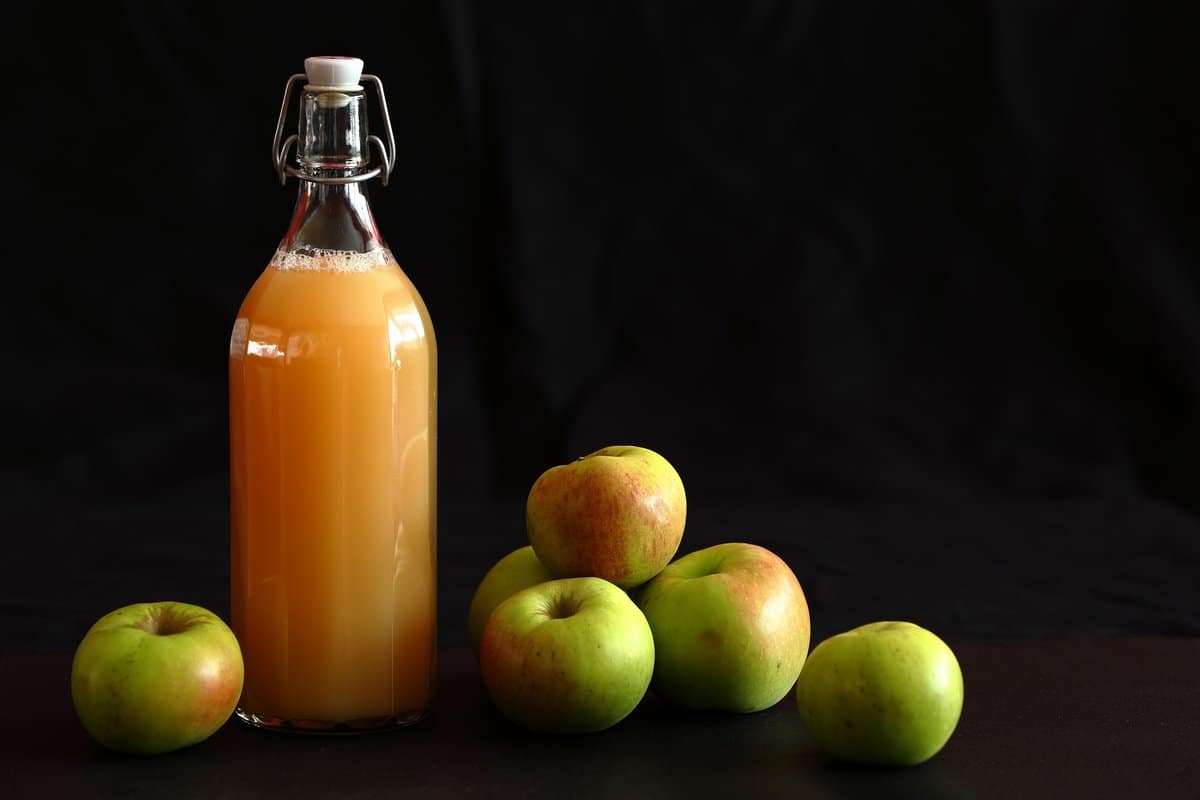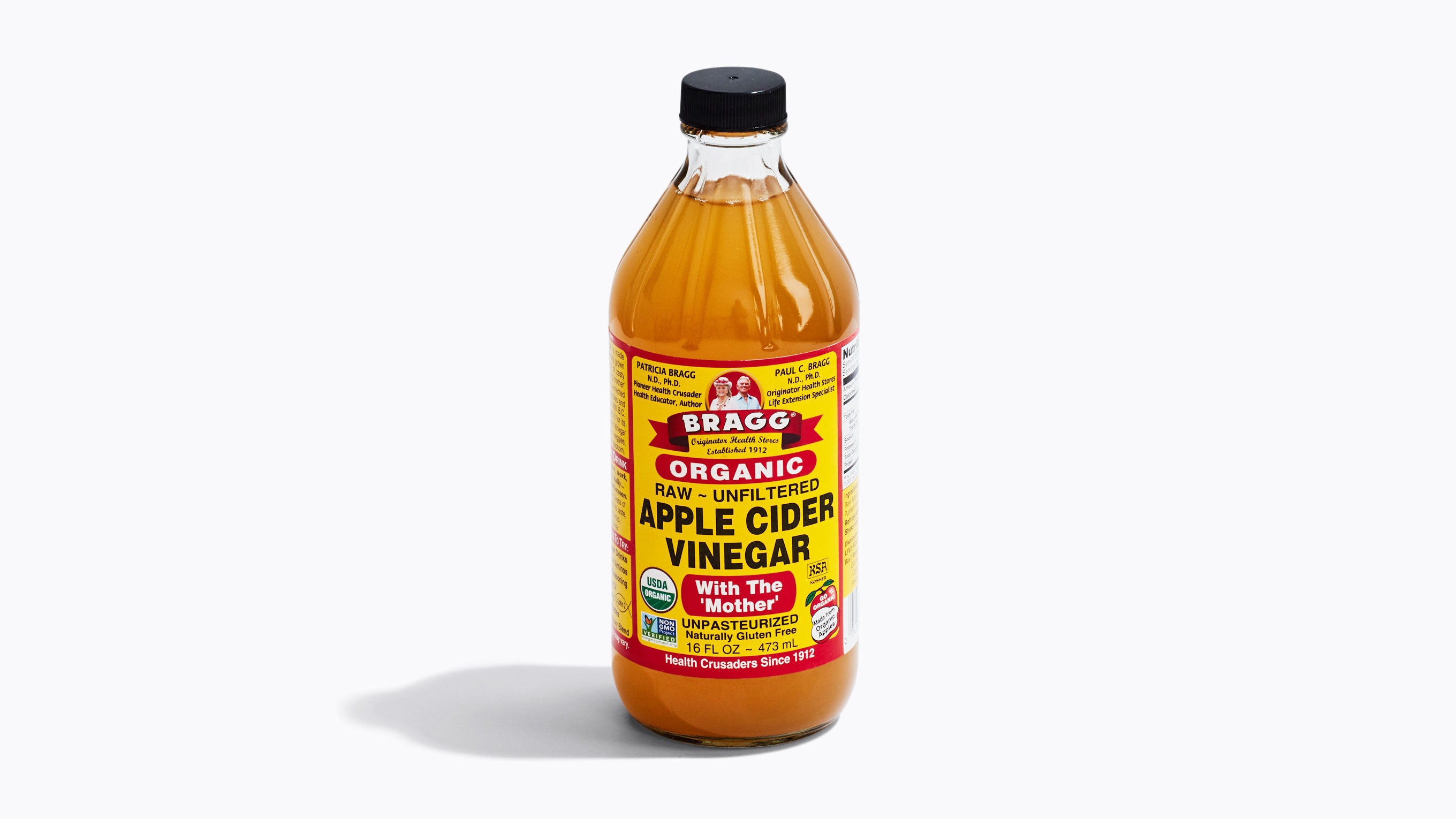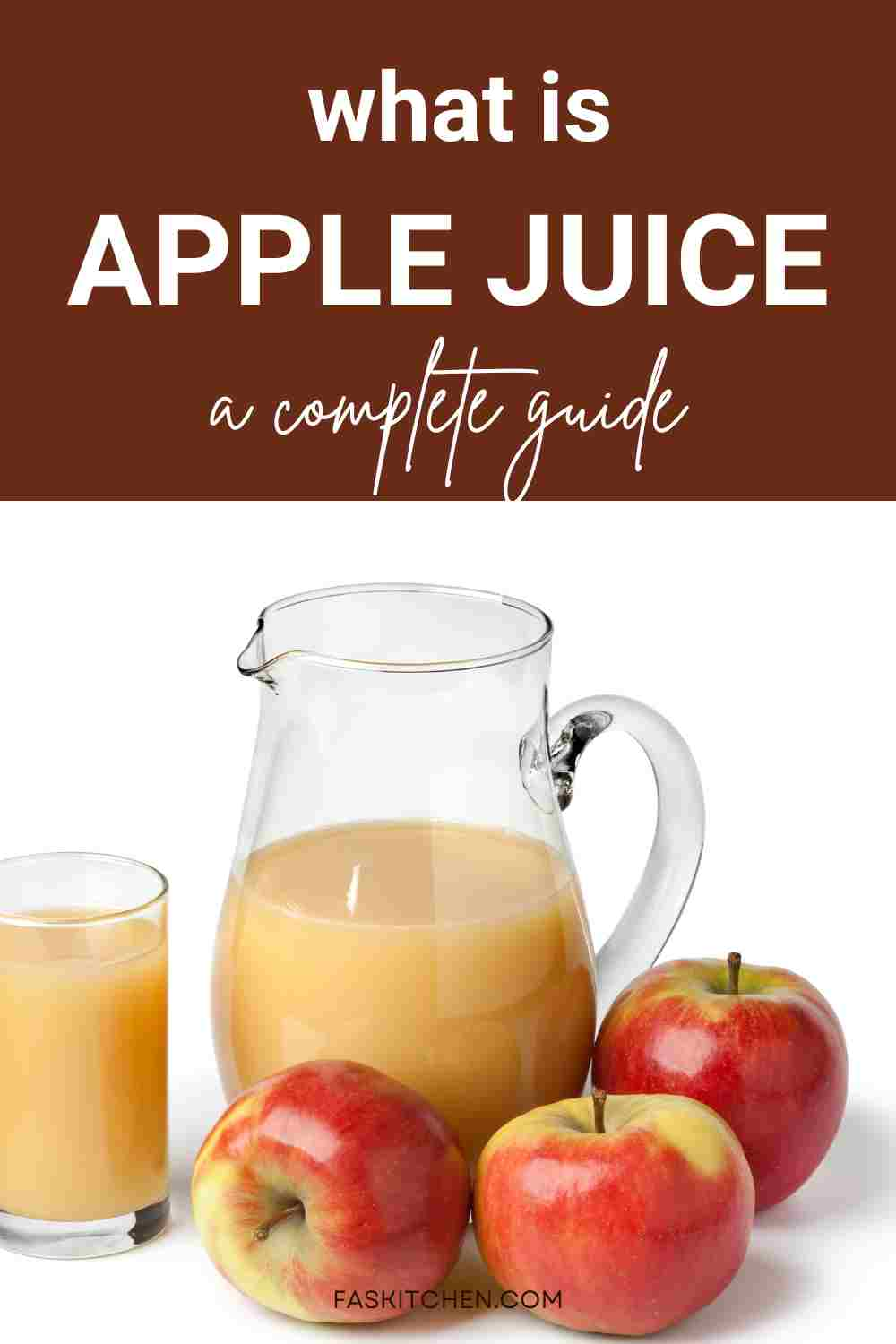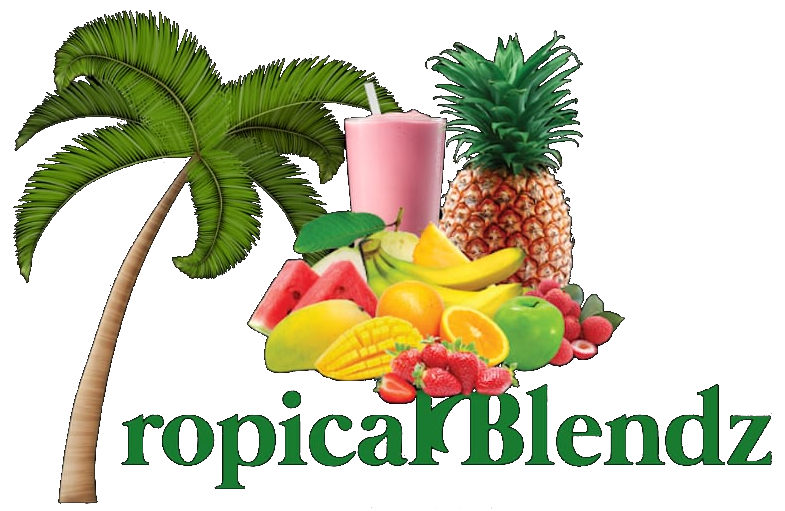
Introduction
The Longevity Of Apple Juice
Canned apple juice has a remarkable ability to stay fresh for extended periods of time. This can be attributed to the special ingredients and preservatives used in the manufacturing process. By pasteurizing the juice, it is heated to a high temperature before being canned, effectively eliminating any harmful bacteria that may cause spoilage. This pasteurization process significantly prolongs the shelf-life of the juice, making it a convenient choice for consumers.
Importance Of Understanding Spoilage
It is important for consumers to be aware of the signs of spoilage in apple juice to ensure their safety and enjoyment. Spoiled apple juice can pose health risks due to the growth of harmful microorganisms or the breakdown of nutrients. By understanding the indicators of spoilage, consumers can make informed decisions about consuming or disposing of their apple juice.
Some common signs of spoilage in apple juice include:
- Swollen bottle or bulging lid: A swollen bottle or lid that makes a popping sound when opened is a clear indication that the juice has gone bad. This is usually caused by gas-producing bacteria inside the container.
- Off smell or taste: If the apple juice exhibits an unusual or unpleasant odor or taste, it may have spoiled. Changes in odor or taste can be caused by the breakdown of sugars or the growth of mold or yeast.
- Change in color: Apple juice that has turned dark or cloudy may have spoiled. This can be due to the growth of bacteria or yeast, which can alter the appearance of the juice.
Being mindful of these signs and regularly checking the condition of apple juice before consumption is essential for maintaining food safety. It is recommended to use apple juice before the recommended time to ensure optimal flavor and quality. Additionally, properly storing apple juice in a cool and dark place can help extend its shelf-life.
In conclusion, canned apple juice lasts longer due to the pasteurization process and the use of preservatives. However, it is crucial to be vigilant and discard any apple juice that shows signs of spoilage. Understanding the indicators of spoilage will enable consumers to enjoy apple juice safely.
Signs Of Spoilage
Swollen Bottle Or Popping Lid
A swollen bottle or lid that makes a popping sound when opened is a clear indication that the apple juice has gone bad. This is usually caused by gas-producing bacteria inside the container.
Off Smell Or Taste
If the apple juice exhibits an unusual or unpleasant odor or taste, it may have spoiled. Changes in odor or taste can be caused by the breakdown of sugars or the growth of mold or yeast.
Change In Color
Apple juice that has turned dark or cloudy may have spoiled. This change in color can be due to the growth of bacteria or yeast, which can alter the appearance of the juice.
Checking Apple Juice Before Consumption
To ensure food safety and avoid any health risks, it is important to regularly check the condition of apple juice before consuming it. Here are some steps to take before taking a sip:
- Examine the bottle: Look for any signs of swelling or puffiness. If the bottle feels swollen or the lid is bulging, it is an indication that the juice has spoiled and should be immediately discarded.
- Check for an off smell or taste: Before opening the bottle, give it a sniff. If you detect an unusual or unpleasant odor, it is a warning sign that the juice may have gone bad. Similarly, if the taste is off or different from what you would expect, it is best to err on the side of caution and dispose of the juice.
By being mindful of these signs and regularly inspecting apple juice before consumption, you can ensure your safety and enjoy your apple juice without any worries. Remember, it is always better to be safe than sorry when it comes to consuming potentially spoiled food.
Factors Affecting Spoilage
Storage Conditions
Proper storage is essential to prevent apple juice from spoiling. Factors such as temperature, light, and air exposure can greatly impact the shelf life of the juice. It is important to store apple juice in a cool and dark place, such as the refrigerator, to inhibit the growth of bacteria and yeasts that can lead to spoilage.
Recommended Consumption Time
Apple juice typically comes with a recommended consumption time, often indicated on the packaging. This time frame serves as a guideline for consuming the juice at its peak freshness and flavor. Over time, the quality of apple juice may deteriorate, leading to changes in taste, odor, and appearance. It is best to adhere to the recommended consumption time to ensure the best quality and minimize the risk of consuming spoiled juice.
Signs Of Spoilage
Swollen Bottle Or Popping Lid
A swollen bottle or a lid that makes a popping sound when opened is a clear indication that the apple juice has gone bad. This is primarily caused by gas-producing bacteria inside the container. If you come across such signs, it is crucial to discard the juice immediately to avoid any potential health risks.
Off Smell Or Taste
If the apple juice exhibits an unusual or unpleasant odor or taste, it may have spoiled. Changes in smell or taste can occur due to the breakdown of sugars or the growth of mold or yeast. When in doubt, it is advisable to trust your senses and dispose of the juice rather than taking any risks.
Change In Color
Apple juice that has turned dark or cloudy may have spoiled. This change in color can occur as a result of bacterial or yeast growth, which can alter the appearance of the juice. It is essential to visually inspect the juice before consuming it to ensure that it is still fresh and safe.
Remember, maintaining proper storage conditions and being aware of the signs of spoilage are key to enjoy apple juice safely. Regularly checking the condition of the juice is important in order to minimize the risk of consuming spoiled and potentially harmful juice.

Proper Storage Of Apple Juice
Temperature And Light Exposure
Proper storage of apple juice is essential to maintain its quality and prevent spoilage. Temperature plays a crucial role in the longevity of apple juice. When stored at room temperature or higher, bacteria and molds find it easier to thrive, leading to quicker spoilage. It is recommended to store apple juice in a cool and dark place, such as the refrigerator, to inhibit the growth of bacteria and yeasts that can spoil the juice. Avoid exposing the juice to direct sunlight or bright light, as it can accelerate the degradation process.
Seal And Refrigeration
To prolong the freshness of apple juice, it is important to ensure a proper seal on the bottle or container. A swollen bottle or a lid that makes a popping sound when opened is a clear indication that the juice has gone bad, caused by gas-producing bacteria inside. It is crucial to discard the juice immediately if such signs are observed to avoid any potential health risks.
Refrigeration is highly recommended to extend the shelf life of apple juice. Storing the juice in the refrigerator slows down the growth of bacteria and yeasts, preserving its freshness and flavor for a longer period. Make sure to keep the apple juice tightly sealed in the refrigerator to prevent exposure to air, which can also contribute to spoilage.
By following proper storage practices, such as storing apple juice at the right temperature, avoiding exposure to light, ensuring a tight seal, and refrigerating when necessary, you can safeguard the quality of the juice and enjoy it at its best. Regularly checking the condition of the juice for any signs of spoilage, such as changes in smell, taste, or appearance, is important to ensure that you are consuming fresh and safe apple juice.
Proper Storage Of Apple Juice
Temperature And Light Exposure
Proper storage of apple juice is essential for maintaining its quality and preventing spoilage. Temperature plays a crucial role in the longevity of apple juice. Bacteria and molds find it easier to thrive when stored at room temperature or higher, leading to quicker spoilage. To inhibit the growth of these microorganisms, it is recommended to store apple juice in a cool and dark place, such as the refrigerator. Direct sunlight or bright light should be avoided, as it can accelerate the degradation process.
Seal And Refrigeration
To prolong the freshness of apple juice, it is important to ensure a proper seal on the bottle or container. A swollen bottle or a lid that makes a popping sound when opened is a clear indication that the juice has gone bad, caused by gas-producing bacteria inside. If such signs are observed, the juice should be discarded immediately to avoid potential health risks.
Refrigeration is highly recommended for extending the shelf life of apple juice. Storing the juice in the refrigerator slows down the growth of bacteria and yeasts, preserving its freshness and flavor for a longer period. It is essential to keep the apple juice tightly sealed in the refrigerator to prevent exposure to air, which can contribute to spoilage.
By following these proper storage practices, such as storing apple juice at the right temperature, avoiding exposure to light, ensuring a tight seal, and refrigerating when necessary, the quality of the juice can be safeguarded. Regularly checking the condition of the juice for any signs of spoilage, such as changes in smell, taste, or appearance, is important to ensure that fresh and safe apple juice is consumed.
Shelf Life Of Apple Juice
Commercially Available Apple Juice
When it comes to commercially available apple juice, the shelf life typically depends on several factors, such as the quality of the juice and how it is stored. On average, store-bought apple juice can last 8-10 days if stored properly. However, if proper storage is not possible, it can safely be kept in the refrigerator for around 3 to 5 days.
Homemade Apple Juice
Homemade apple juice may have a shorter shelf life compared to commercially available options. The absence of preservatives and pasteurization can contribute to faster spoilage. To maximize the shelf life of homemade apple juice, it is recommended to store it in the refrigerator and consume it within 2-3 days.
It is important to note that these timelines are general guidelines and may vary depending on various factors. Always check the expiration date and follow any specific storage instructions provided by the manufacturer.
The Effects Of Spoiled Apple Juice
Taste And Texture Changes
Spoiled apple juice may undergo changes in taste, texture, and appearance. The juice may develop a sour or off-flavor, indicating the presence of harmful bacteria or yeast. It may also become cloudy or show signs of separation, with an altered texture that is no longer smooth. These changes are indicative of spoilage and can affect the overall enjoyment and quality of the juice.
Potential Health Risks
Consuming spoiled apple juice can pose potential health risks. If the juice has not been pasteurized or treated to kill harmful bacteria, it could be contaminated with pathogens such as E. coli or Salmonella. These bacteria can cause foodborne illnesses, leading to symptoms like nausea, vomiting, diarrhea, and abdominal pain. In severe cases, individuals with compromised immune systems, pregnant women, young children, and the elderly may be more susceptible to serious complications.
It is crucial to practice proper storage and handling of apple juice to minimize the risk of spoilage and potential health hazards. Always check the condition of the juice before consuming and discard it if any signs of spoilage are present. It is also important to follow the manufacturer’s instructions and adhere to the recommended storage timeframes. By doing so, you can ensure that you are consuming fresh and safe apple juice.
The Effects Of Spoiled Apple Juice
Taste And Texture Changes
Spoiled apple juice may undergo changes in taste, texture, and appearance. The juice may develop a sour or off-flavor, indicating the presence of harmful bacteria or yeast. It may also become cloudy or show signs of separation, with an altered texture that is no longer smooth. These changes are indicative of spoilage and can affect the overall enjoyment and quality of the juice.
Potential Health Risks
Consuming spoiled apple juice can pose potential health risks. If the juice has not been pasteurized or treated to kill harmful bacteria, it could be contaminated with pathogens such as E. coli or Salmonella. These bacteria can cause foodborne illnesses, leading to symptoms like nausea, vomiting, diarrhea, and abdominal pain. In severe cases, individuals with compromised immune systems, pregnant women, young children, and the elderly may be more susceptible to serious complications.
Extending The Shelf Life
Freezing Apple Juice
One way to extend the shelf life of apple juice is by freezing it. Freezing inhibits the growth of bacteria and yeast, keeping the juice fresh for a longer period. However, it is important to note that freezing may affect the texture of the juice, causing it to become slightly watery upon thawing. To freeze apple juice, transfer it to a freezer-safe container, leaving some space for liquid expansion. Label the container with the date and consume it within three months for the best quality.
Preservatives And Additives
Some apple juice products may contain preservatives and additives that help extend their shelf life. These substances can inhibit the growth of bacteria and yeast, preventing spoilage. However, it is essential to check the ingredients list and consider any potential sensitivities or preferences. If you prefer a more natural option, look for fresh apple juice without any additional preservatives or additives.
By following proper storage and handling practices, such as freezing or choosing shelf-stable options, you can extend the shelf life of your apple juice. Always remember to check for signs of spoilage before consuming and discard any spoiled juice. By doing so, you can ensure that you are enjoying fresh and safe apple juice.

The Effects Of Spoiled Apple Juice
Taste And Texture Changes
Spoiled apple juice undergoes changes in taste, texture, and appearance. It may develop a sour or off-flavor, indicating the presence of harmful bacteria or yeast. The juice may become cloudy or show signs of separation, with an altered texture that is no longer smooth. These changes are indicative of spoilage and can affect the overall enjoyment and quality of the juice.
Potential Health Risks
Consuming spoiled apple juice poses potential health risks. If the juice has not been pasteurized or treated to kill harmful bacteria, it could be contaminated with pathogens such as E. coli or Salmonella. These bacteria can cause foodborne illnesses, leading to symptoms like nausea, vomiting, diarrhea, and abdominal pain. In severe cases, individuals with compromised immune systems, pregnant women, young children, and the elderly may be more susceptible to serious complications.
Extending The Shelf Life
Freezing Apple Juice
One way to extend the shelf life of apple juice is by freezing it. Freezing inhibits the growth of bacteria and yeast, keeping the juice fresh for a longer period. However, it is important to note that freezing may affect the texture of the juice, causing it to become slightly watery upon thawing. To freeze apple juice, transfer it to a freezer-safe container, leaving some space for liquid expansion. Label the container with the date and consume it within three months for the best quality.
Preservatives And Additives
Some apple juice products may contain preservatives and additives that help extend their shelf life. These substances can inhibit the growth of bacteria and yeast, preventing spoilage. However, it is essential to check the ingredients list and consider any potential sensitivities or preferences. If you prefer a more natural option, look for fresh apple juice without any additional preservatives or additives.
By following proper storage and handling practices, such as freezing or choosing shelf-stable options, the shelf life of apple juice can be extended. Always remember to check for signs of spoilage before consuming and discard any spoiled juice. By doing so, fresh and safe apple juice can be enjoyed.
Other Fruit Juices And Spoilage
Comparing Apple Juice To Other Juices
When it comes to fruit juices, apple juice is a popular choice. However, there are also various other fruit juices available in the market, each with its own unique characteristics and flavors. Some commonly consumed fruit juices include orange juice, grape juice, pineapple juice, and cranberry juice.
Similarities And Differences In Spoilage
While the specific spoilage mechanisms may vary depending on the type of fruit juice, there are some commonalities. Factors such as temperature, pH, and the presence of oxygen play a crucial role in the spoilage of fruit juices. Microorganisms, such as bacteria and yeast, can thrive in these conditions and cause spoilage.
Comparing the spoilage of different fruit juices, it is important to note that the spoilage rate may vary. Some juices may undergo microbial spoilage more quickly than others. Additionally, the presence of fruit pieces or pulp in the juice can provide a breeding ground for microbial growth, leading to accelerated spoilage.
To control the spoilage of fruit juices, various detection and control methods can be employed. These methods include pasteurization, sterilization, filtration, and the use of preservatives. Each method has its own advantages and limitations, and the choice of method depends on factors such as the type of juice, intended shelf life, and desired quality.
In conclusion, while apple juice is a commonly consumed fruit juice, there are various other fruit juices available. Understanding the spoilage mechanisms and employing appropriate control methods can help ensure the safety and quality of fruit juices. Always remember to check for signs of spoilage before consuming any juice to avoid potential health risks.
Conclusion
Apple Juice Spoilage In A Nutshell
Spoiled apple juice undergoes changes in taste, texture, and appearance, indicating the presence of harmful bacteria or yeast. Consuming spoiled apple juice poses potential health risks due to possible contamination with pathogens such as E. coli or Salmonella. Freezing apple juice or using preservatives and additives can help extend its shelf life. Comparing apple juice to other fruit juices, similar factors contribute to spoilage, but the rate may vary.
Importance Of Proper Storage And Timely Consumption
To ensure the safety and quality of fruit juices, it is essential to follow proper storage practices and consume them before the recommended time. Checking for signs of spoilage, such as swollen bottles or popping sounds upon opening, is crucial. By employing control methods such as pasteurization, sterilization, filtration, and the use of preservatives, the spoilage of fruit juices can be controlled. It is vital to prioritize food safety and avoid potential health risks by staying vigilant about the freshness and quality of apple juice and other fruit juices.
Frequently Asked Questions about Does Apple Juice Go Bad? Understanding Spoilage
Q: Does apple juice go bad?
A: Yes, apple juice can go bad if not stored and handled properly. Like any other perishable food or beverage, it is prone to spoilage.
Q: How long does unopened apple juice last?
A: Unopened apple juice can last between one and two years when stored in a cool and dark place, away from direct sunlight.
Q: How can I tell if apple juice has gone bad?
A: There are several indicators that apple juice has spoiled. These include a sour or off smell, an unnatural color, a moldy appearance, or a change in taste. If you notice any of these signs, it’s best to discard the juice.
Q: What causes apple juice to spoil?
A: The primary cause of spoilage in apple juice is the presence of bacteria, yeast, or molds. When exposed to air or stored in unsuitable conditions, these microorganisms can grow and contaminate the juice, leading to spoilage.
Q: Can apple juice go bad before the expiration date?
A: While the expiration date provides an estimation of when the apple juice is at its best quality, it does not guarantee that it won’t spoil before that date. Factors such as improper storage, temperature variations, or damage to the packaging can accelerate spoilage.
Q: How should I store apple juice to prolong its freshness?
A: To extend the shelf life of apple juice, it is important to store it in a cool and dry place, away from direct sunlight and heat sources. Once opened, it should be kept refrigerated and consumed within 7-10 days.
Q: Can I freeze apple juice to preserve it?
A: Yes, freezing apple juice is an excellent way to prolong its shelf life. It is best to pour the juice into airtight containers or freezer bags, leaving some space for expansion. Frozen apple juice can be stored for up to a year without significant loss of quality.
Q: Are there any health risks associated with consuming spoiled apple juice?
A: Consuming spoiled apple juice can pose health risks, as it may contain harmful bacteria or molds. Ingesting such contaminated juice can lead to gastrointestinal issues, food poisoning, or other health problems. It is always better to be safe and discard any questionable or expired juice.
In summary, apple juice can spoil if not stored properly. Pay attention to the signs of spoilage, keep it refrigerated after opening, and consider freezing it if you want to extend its shelf life. Remember to discard any juice that has gone bad to avoid potential health risks.

Tropical Blendz Café and Juice Bar is a safe and clean environment where we provide immune-boosting natural juices, smoothies, shakes, authentic Caribbean cultural foods, and much more. Our juices are made from all-natural, unique fruits, vegetables, and herbs.